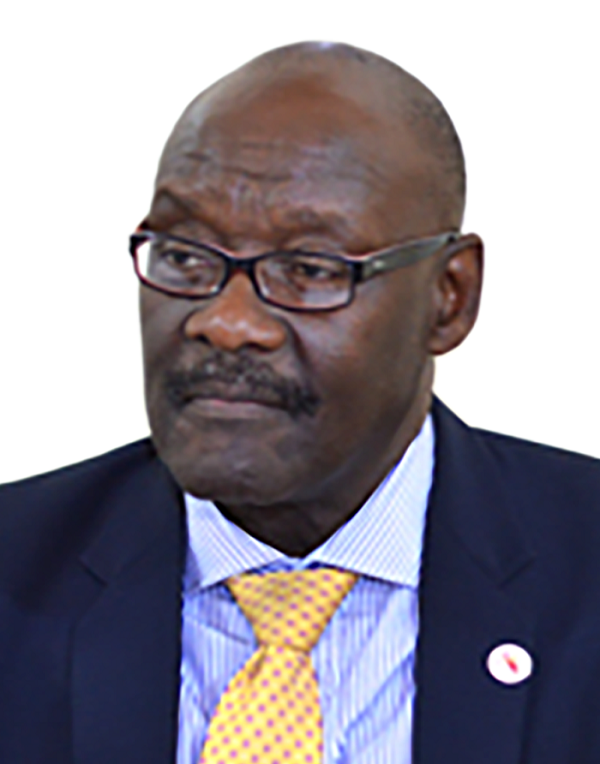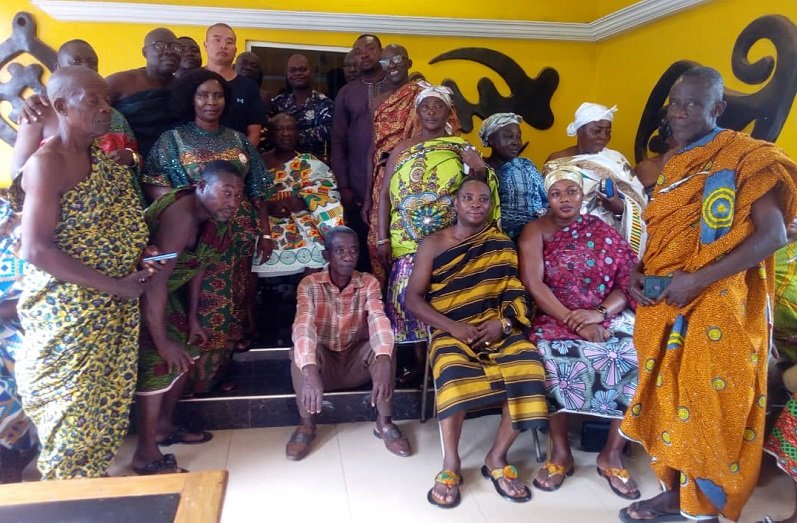ARTICLE AD
The Coordinator of the Affirmative Action Bill Coalition, Ms Becky Ahadzi, has asked the electorate to vote for more women aspirants in the 2024 polls to help in decision making of the country.
“There is the need for more women in parliament to ensure the passage of gender responsive laws and policies,” she indicated.
She said this during an engagement with women parliamentary aspirants, political parties and other key stakeholders in Accra yesterday.
It was aimed at discussing ways of advancing women’s participation and representation in the upcoming general election.
The event, which was held on the theme: ‘Strengthening activism for a Gender responsive elections 2024 in Ghana,’ was organised by Abantu for Development with funding from the Africa Women Development Fund.
It was attended by women Parliamentary, aspirants, representative from the Progressive People’s Party, National Democratic Congress, Convention People’s Party, Peoples National Congress and People National Party and civil society.
The Resource Mobilisation and Sustainability Manager of Abantu for Development, Mrs Hamida Harrison, said political parties were institution that lead citizenry to democracy but had failed to ensure inclusion.
Mrs Harrison stressed the need for inclusion for all to help in decision making process, adding that, currently there were 275 Parliamentarians with only 14.5 per cent of women.
Mrs Harrison noted that Ghana might not meet the Sustainable Development Goals on equity.
The Managing Consultant at BSC Advisory, Mrs Bernice Sam, stressed that political parties must provide manifestos that support women and urged the participants to collaborate to promote women issues in the country.
The 2020 Presidential aspirant for the Progressive People Party, Brigitte Dzobenuku, urged women to unite to promote the cause of feminine in the country.
She stressed the need not to marginalised women but empower them to add more value to themselves.
BY ANITA NYARKO-YIRENKYI

 3 weeks ago
19
3 weeks ago
19 

